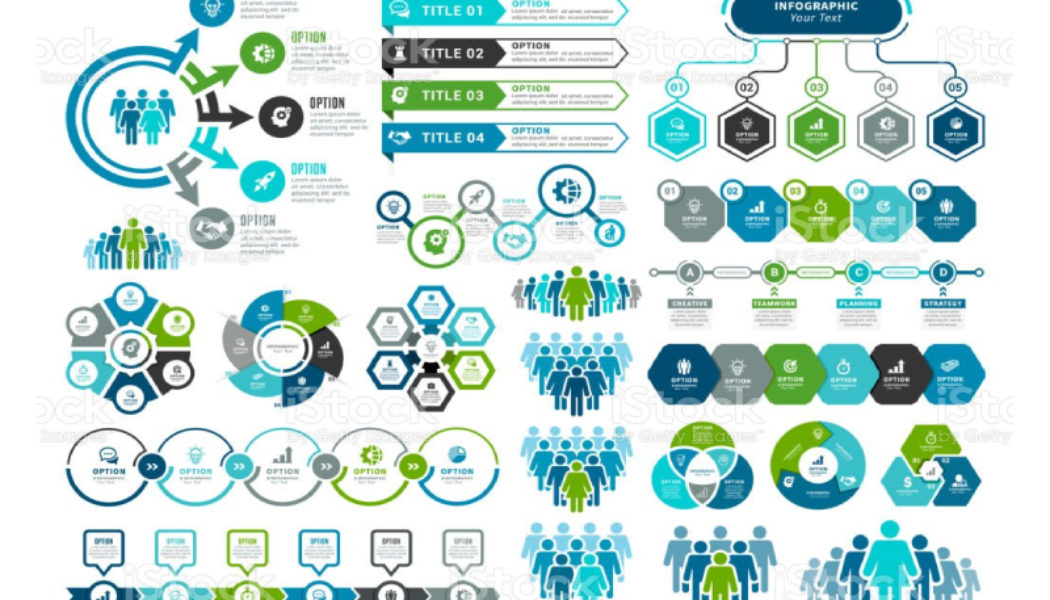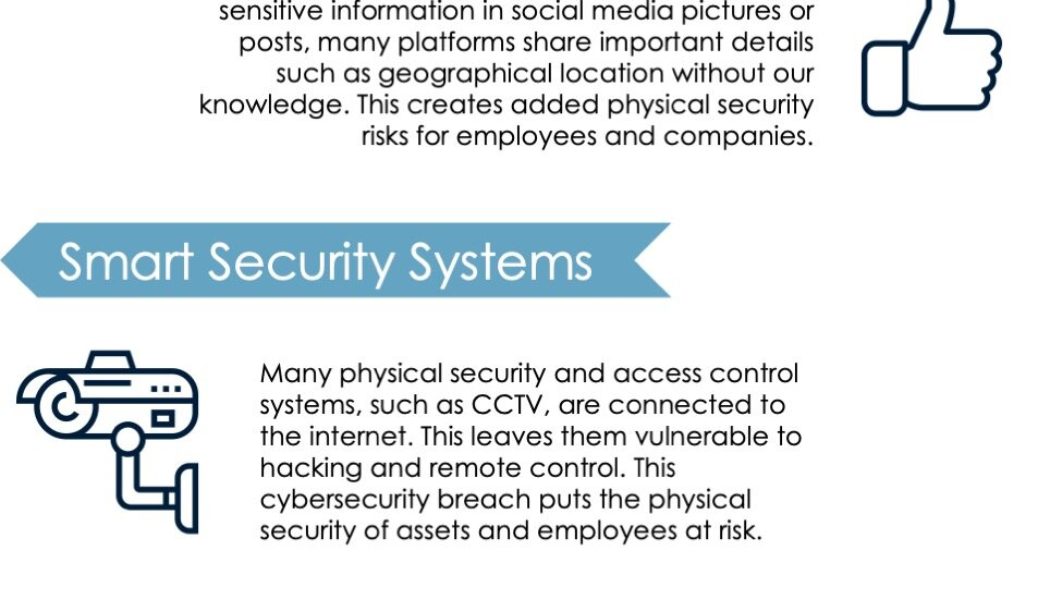Sponsored
A Step-by-Step Guide on How to Create Useful Data-Driven Content
We use cookies on our website to give you the most relevant experience by remembering your preferences and repeat visits. By clicking “Accept All”, you consent to the use of ALL the cookies. However, you may visit “Cookie Settings” to provide a controlled consent.
How to Secure Your Remote Work Environment from Cybersecurity Threats
Sourced from International IDEA Cybersecurity threats are at an all-time high. With organizations increasingly employing hybrid work models, it has become more vital than ever to educate employees on the various cybersecurity risks that come with a distributed work environment. In a hybrid work environment, employees working from home pose a greater security risk compared to those working at the office. Home networks are less secured than corporate networks, unprotected by in-office firewalls and advanced fraud detection systems. In the comfort of one’s home, a small mistake by an employee could potentially risk the company’s confidential data being leaked. However, risks like data leaks and device compromise can be managed by following certain best practices. Here are some of the practice...
Africa Paces Up to Uncover the Next-Gen Developments in Datacentre & Cloud
We use cookies on our website to give you the most relevant experience by remembering your preferences and repeat visits. By clicking “Accept All”, you consent to the use of ALL the cookies. However, you may visit “Cookie Settings” to provide a controlled consent.
Why You Don’t Need VPN Encryption?
There is an army of shills on the internet pumping out unending content which claims that by simply clicking one button, you will be completely untraceable online. All of your online privacy concerns will be instantly addressed, as if by magic. VPNs aren’t the one-click solution to internet security. In fact, if you don’t choose a reputable provider a VPN will do more harm than good. Of course, there are reasons to use a VPN: Accessing blocked sites, hiding your IP address from the sites you’re visiting, and hiding your browsing activities from your internet service provider. All of that is fine. Where the claims start to get a little deceptive, is when providers talk about security. Recently, there’s even been lawsuits, and providers in the UK were taken to court for overselling, and for ...























